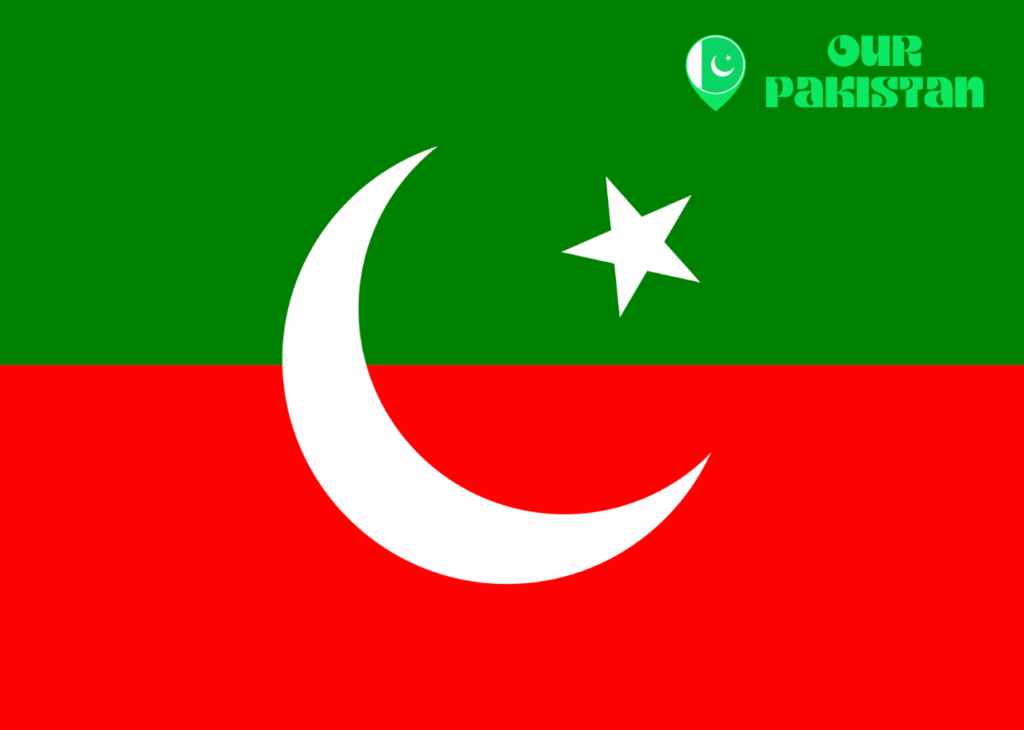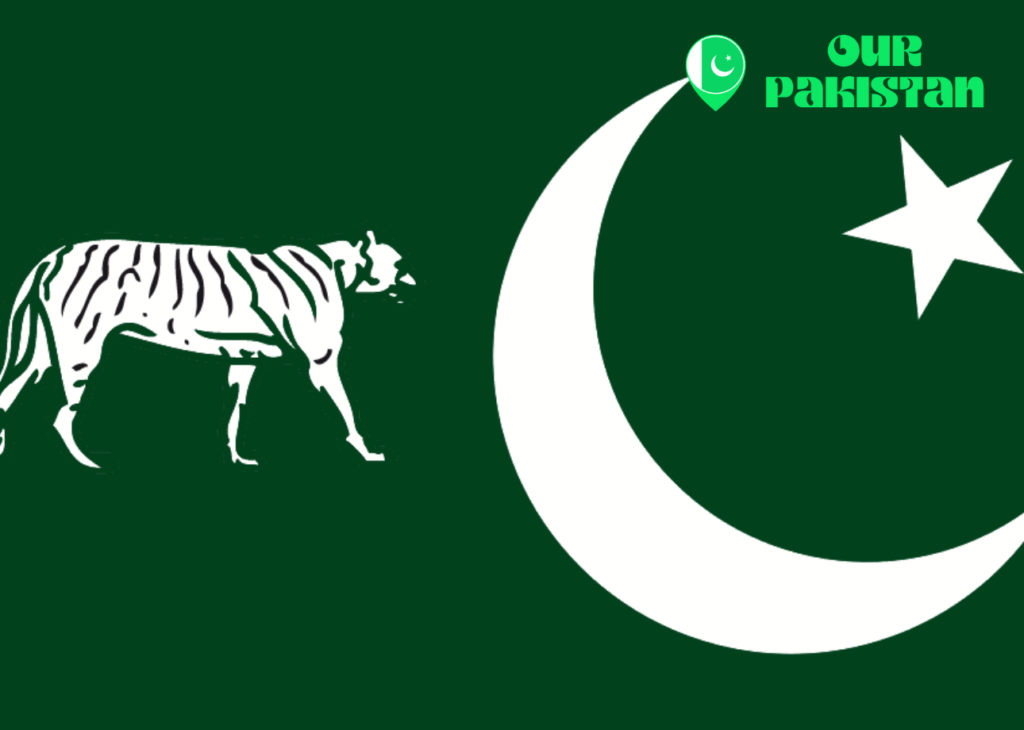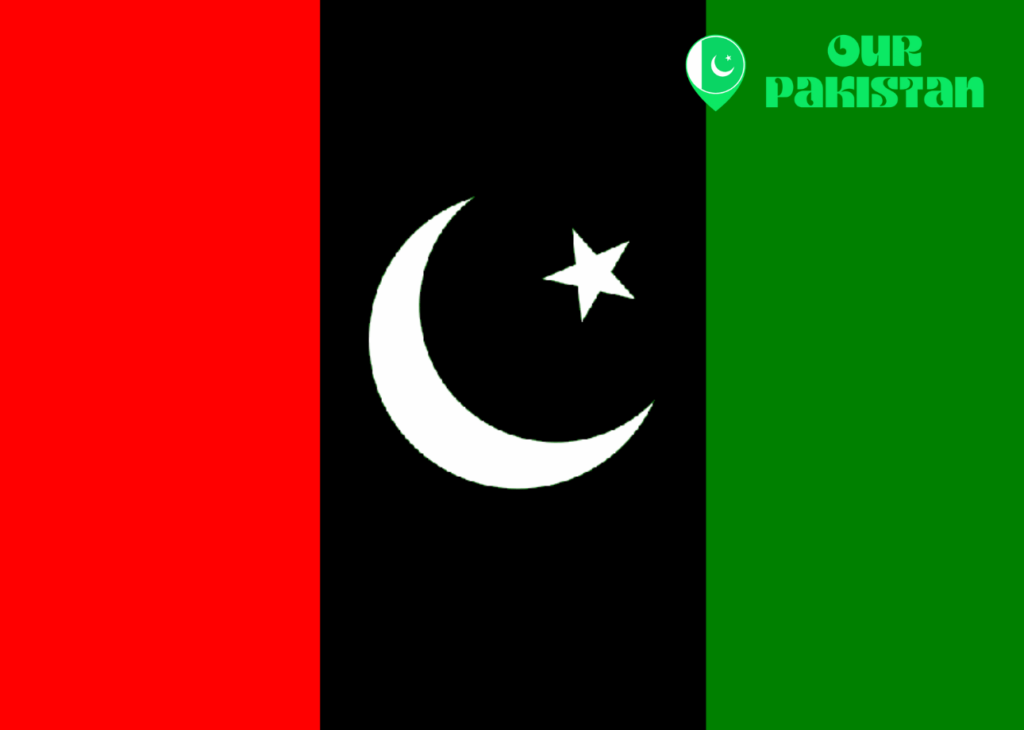The political landscape of any country plays a significant role in shaping its future. This holds true for Pakistan, where understanding the complexities of its political system is crucial for informed decision-making and active citizen participation. In this article, we will delve into the major political parties and alliances that have influenced Pakistan’s political trajectory, examining their historical context, ideologies, achievements, challenges, and impact on the nation’s development.
Historical Context
Pakistan’s political journey since gaining independence in 1947 has been characterized by various ups and downs. The early years witnessed the formation of political parties that would mold the political landscape of the nation.
The All-India Muslim League, led by Muhammad Ali Jinnah, played a pivotal role in the creation of Pakistan. The party advocated for the rights and interests of the Muslim community in undivided India, setting the stage for an independent Muslim nation.
On the other hand, the Indian National Congress, under the leadership of figures such as Mahatma Gandhi and Jawaharlal Nehru, embraced a secular and inclusive vision for the entire Indian subcontinent.
Major Political Parties
Pakistan Tehreek-e-Insaf, founded in 1996 by Imran Khan, emerged as a major player in Pakistani politics.
Imran Khan, a former cricketer, became a symbol of change and hope for many Pakistanis disillusioned with traditional political elites.

The party stands on the ideology of nationalism, justice, and equality, aiming to eradicate corruption, strengthen governance, and advance social welfare initiatives.
Notable policy initiatives of PTI include the establishment of a welfare state, promotion of education, healthcare reforms, and anti-poverty measures.
Pakistan Muslim League-Nawaz (PML-N)
The Pakistan Muslim League-Nawaz, which traces its roots to the original Muslim League, has been a significant force in Pakistani politics for decades.
The party has been instrumental in shaping the country’s economic policies, with a focus on infrastructure development, privatization, and business-friendly reforms.

Prominent leaders such as Nawaz Sharif and Shehbaz Sharif have held crucial roles in the party, striving to strengthen democracy and establish good governance.
PML-N’s notable achievements include the construction of motorways, energy sector reforms, and improvements in the law and order situation.
Pakistan People’s Party (PPP)
The Pakistan People’s Party, founded by Zulfikar Ali Bhutto, has a long-standing legacy in Pakistani politics.
The party is rooted in the principles of social democracy, striving for socioeconomic justice, equity, and empowerment of disadvantaged segments of society.
Prominent leaders such as Benazir Bhutto and Asif Ali Zardari have played vital roles in promoting democratic values and emphasizing the welfare of the people.

PPP’s contributions to Pakistan’s political history include the empowerment of women, significant social reforms, and the fight against dictatorship.
Muttahida Qaumi Movement (MQM)
The Muttahida Qaumi Movement, primarily representing urban areas of Sindh, has had a significant impact on Karachi’s politics.
Originating as the Mohajir Qaumi Movement, it aimed to address the concerns and grievances of the Urdu-speaking population, mainly comprising descendants of migrants from India.
Challenges faced by MQM include accusations of violence, alleged links with criminal elements, and internal factionalism.
Despite these challenges, MQM’s strong presence and mobilization in urban Sindh have played a crucial role in advocating for the rights and demands of the local population.
Jamiat Ulema-e-Islam (JUI)
Jamiat Ulema-e-Islam represents the religious and conservative elements in Pakistan.
The party’s political ideology is grounded in Islamic principles and aims to safeguard the interests of religious institutions and members of the clergy.
JUI has played a significant role in shaping the national discourse on religious affairs and influencing policies related to Islamic education, family law, and religious freedoms.
Its religious stance and influence have made it a key player in national politics, particularly on issues pertaining to Islam and governance.
Coalition and Alliances
The Pakistani political system often necessitates the formation of alliances and coalition governments to ensure stability and governability.
Smaller parties play a crucial role in national and provincial governments, either by forming alliances with larger parties or by playing a pivotal role in the formation of ruling coalitions.
Coalition governments come with their own set of challenges, including contrasting visions, distribution of power, and policy compromises. However, they also present opportunities for diverse representation and consensus-based decision-making.
Electoral System and Political Participation
Pakistan’s electoral system is a mix of first-past-the-post and proportional representation, providing opportunities for diverse political representation.
Voter demographics play a significant role in shaping the political landscape, with urban and rural divides, ethnic considerations, and socioeconomic factors influencing political participation and choices.
The dynamics of elections, including campaigning strategies, polarizing narratives, and regional variations, have a direct impact on the overall political landscape and power distribution.
Political Challenges and Reforms
Pakistan continues to grapple with challenges related to corruption, governance, and political inclusivity.
Addressing corruption and improving governance remain critical for the sustainable development and stability of the country.
Electoral reforms, including transparency, accountability, and electoral financing, are crucial to ensure a fair and level playing field for all political players.
Promoting political inclusivity and increasing women’s representation in politics is essential for a vibrant democracy that reflects the diversity and aspirations of the entire population.
Political Discourse and Media
Media plays a vital role in shaping public opinion, disseminating information, and influencing political narratives in Pakistan.
The media’s role in political discourse includes holding the government and political parties accountable, providing a platform for diverse voices, and informing the public about political developments.
The rise of social media has further democratized political discussions, enabling citizens to engage in activism, express their opinions, and mobilize for social and political causes.
Balancing freedom of expression with responsible journalism is a crucial component of a vibrant media landscape that fosters transparency, accuracy, and ethical reporting.
Future Prospects and Projections
Pakistan’s political landscape is experiencing emerging trends and potential shifts that have the potential to shape its future.
Youth engagement in politics is on the rise, with young leaders and activists advocating for change, demanding accountability, and bringing fresh perspectives to the table.
The future of political leadership in Pakistan will be influenced by the ability of political parties to engage and empower the youth, enabling them to take on leadership roles and contribute to the nation’s progress.
The challenges of political stability and development require concerted efforts from all stakeholders, including political parties, government institutions, civil society, and citizens, to ensure a prosperous and resilient Pakistan.
Conclusion
Understanding the complex and dynamic nature of Pakistan’s political landscape is crucial for citizens to actively participate in shaping the nation’s future.
By familiarizing themselves with the major political parties, alliances, historical context, electoral dynamics, and challenges faced by the political system, individuals can make informed decisions and hold their elected representatives accountable.
Informed and active citizen participation, combined with transparent and accountable political processes, will contribute to a stronger democracy and a brighter future for Pakistan.